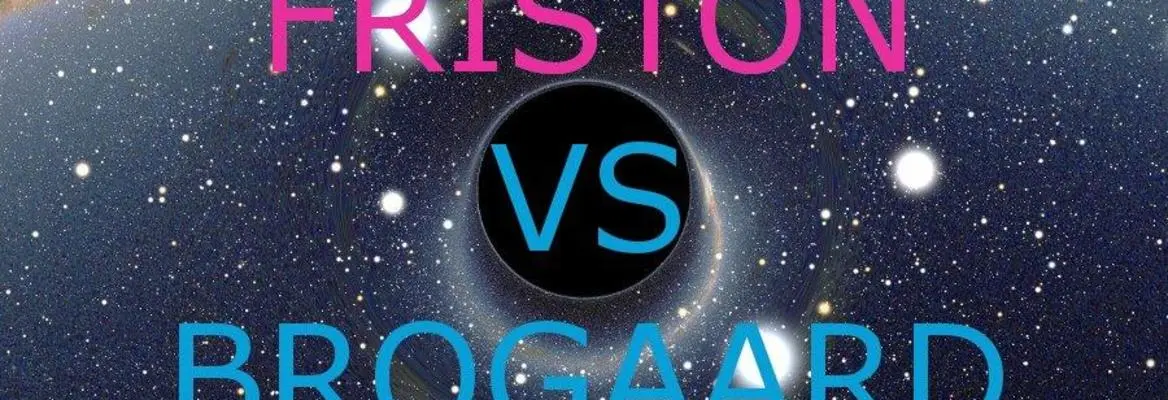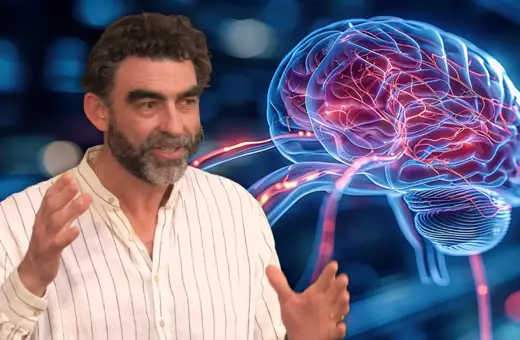Read part 2: Berit Brogaard asks, if we cannot trust our senses, where does this leave our beliefs?
All experience is the product of inference. All experience is a highly sophisticated, hierarchically interwoven story that is fabricated to explain our sensory impressions. In this view, experiences – from qualia to convictions – are basically hypotheses that are tested against sensory evidence. This ‘perception as hypothesis testing’ allows us to identify the most plausible explanation for our sensations. In this sense, experience, beliefs and hypotheses are all the same thing and only exist in our mind’s eye. They are internally consistent fantasies, generated by a fantastic organ; namely the brain. If true, there is no experience ‘out there’ and I could be a brain in vat.
The problem with this sceptical take on ‘experience as inference’ is that it presupposes the existence of a sensorium. In other words, if I am making inferences, there must be something out there to infer. More technically, the formal basis of the (essentially Helmholtzian or Kantian) notion of a fantastic organ rests upon some abstract (but relatively straightforward) maths that states the following: any dynamical system that possesses a boundary between its internal states and some external states must perform some sort of (Bayesian) inference about the external states.
Technically, this boundary is known as a Markov blanket. If a self-organising system exists over a period of time (i.e., does not dissolve or evaporate), then all its constituents must be flowing towards a particular states. Think of a drop of ink in a glass of water. Normally, the ink molecules will disperse throughout the container; however, if the ink is alive, it will gather itself together – to resist the dispersion. This self-assembly is essentially a form of reverse diffusion in which things flow up concentration gradients. Here, the concentration is simply the probability of being in a particular state at any particular time (e.g., having my morning cup of coffee at 11am). The key thing to note here is that increasing the probability of occupying states I typically occupy is exactly the same thing as maximising the probability of sensory data under some model of those data – which is what statisticians do. In short, if we don't evaporate or dissolve, we have to be statisticians and have to be performing some sort of inference.
___
"The reality we experience is an inherent aspect of our own brains. It has no existence in any external sense."
___
The problem is that the very argument that leads to the inference perspective on experience rests on the existence of external states, which means there is something out there. There is therefore an unavoidable ambivalence.
It is certainly the case that the reality we experience is an inherent aspect of our own brains (minds) and has no existence in any external sense – in the same way that our high-level beliefs do not exist physically (e.g., the tranquil beauty of a sunset is not an attribute of some metaphysical world). On the other hand, there must be something out there generating the sensory evidence for my beliefs – and my experience of reality.



















Join the conversation